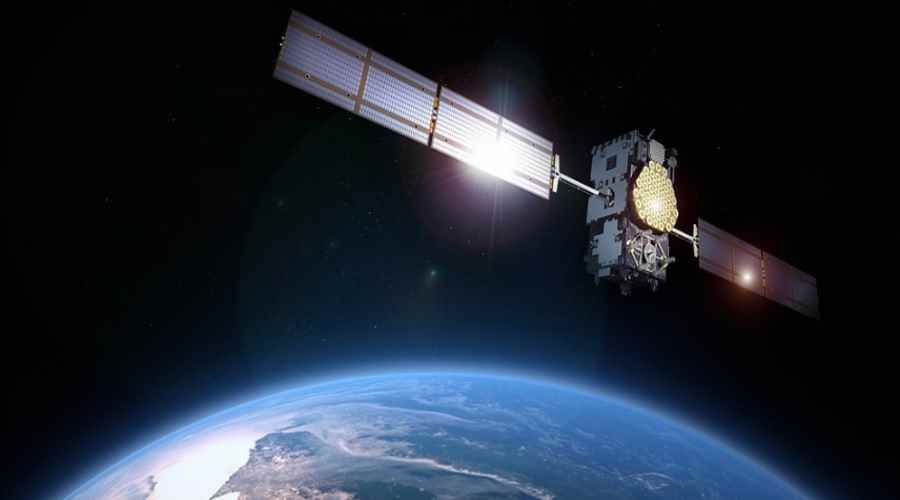Galileo satellite navigation system failure
December 15 marked an eternal moment in which theórej it was made public that Europe’s long-awaited Galileo satellite navigation system is beginning operations. Construction of the system cost nearly 10 billionóin euro. The new system was supposed to allow Europeans to become independent of American GPS navigation and Russia’s GLONASS system, but after just one month of operation there was a failure.
The European Space Agency (ESA) reported that nine clocks had stopped workingóin nuclear installed on satellites. Each satellite has four such clocks, so the operation of the system should be without major problemsów. Specialists do not yet know why the clocks stopped working and whether they can be restarted.
There are currently 18 satellites in orbitów. The target is to have 30 of them. The entire system is expected to be operational by 2020. The satellites are orbiting three orbits at an altitude of 23,000. kilometerów. Galileo is expected to be more accurate than the systemóIn GPS and GLONASS.
In the future, the system is expected to provide location services at a very high level of. From 2018, all cars sold on the market will be equipped with the Galileo system module, whichóry could be used possibly for autonomous carsóin, but primarily for the eCall emergency system. After receiving a signal S.O.S. The system will locate the transmitter up to 10 minutes.
The European Commission is already counting the money thatóre will earn thanks to Galileo. According to estimatesów, over 20 years of operation the system will bring the European economy 90 billionóin profit.
